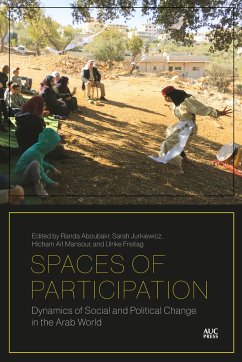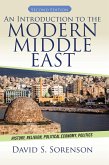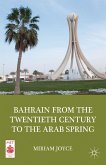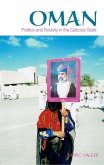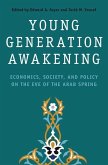A rich interdisciplinary study of the relationships between space, both physical and virtual, and social and political participation Where do people meet, form relations of trust, and begin debating social and political issues? Where do social movements start? In this fascinating collection, scholars and activists from a wealth of disciplinary backgrounds, including sociology, anthropology, history, and political science, take a fresh look at these questions and the factors leading to political and social change in the Arab world from a spatial perspective. Based on original field work in Egypt, Kuwait, Morocco, and Palestine, Spaces of Participation connects and reconnects social, cultural, and political participation with urban space. It explores timely themes such as formal and informal spaces of participation, alternative spaces of cultural production, space reclamation, and cultural activism, and the reconfiguring of space through different types of contestation. It also covers a range of spaces that include sports clubs, arts centers, and sites of protest and resistance, as well as virtual spaces such as social media platforms, in the process of examining the relationships and tensions between physical and virtual space. Spaces of Participation underlines the temporal and transformative quality of participatory spaces and how they are shaped by their respective political contexts, highlighting different forms of access, control, and contestation. Contributors' affiliations: * Randa Aboubakr, Cairo University, Egypt * Hicham Ait-Mansour, Mohamed V University, Rabat, Morocco * Fadma Aït Mous, University of Hassan II of Casablanca, Morocco * Mouloud Amghar, Cadi Ayyad University, Marrakech, Morocco * Yazid Anani, Birzeit University, Ramallah, Palestine * Mai Ayyad, Cairo University, Egypt * Youness Benmouro, Mohamed V University of Rabat, Morocco * Yasmine Berriane, Centre Maurice Halbwachs, Paris, France * Mokhtar El Harras, Mohamed V University, Rabat, Morocco * Ulrike Freitag, Freie Universität (Free University), Berlin, Germany * Sarah Jurkiewicz, Leibniz-Zentrum Moderner Orient, Berlin, Germany * Mona Khalil, Cairo University, Cairo, Egypt * Azzurra Sarnataro, University of Rome "La Sapienza," Rome, Italy * Renad Shqeirat, Khalil Sakakini Cultural Center, Ramallah, Palestine * Dorota Woroniecka-Krzyzanowska, German Historical Institute, Warsaw, Poland
Hinweis: Dieser Artikel kann nur an eine deutsche Lieferadresse ausgeliefert werden.
Hinweis: Dieser Artikel kann nur an eine deutsche Lieferadresse ausgeliefert werden.
